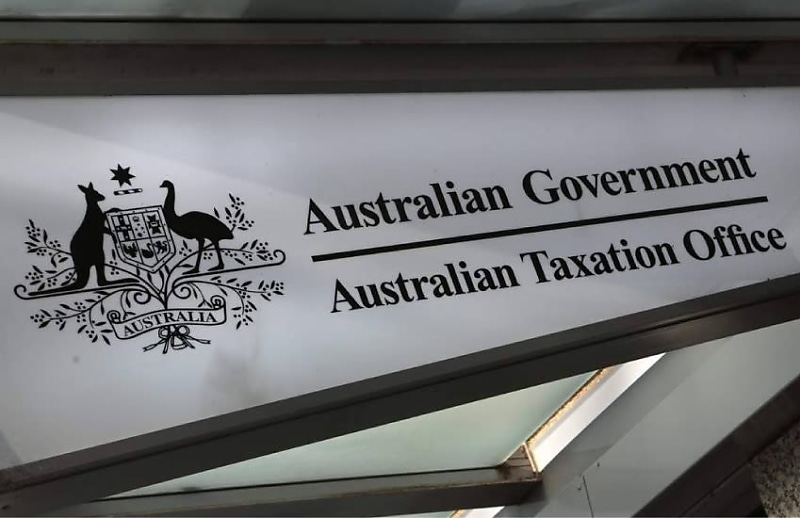ATO not targeting honest Payday Super mistakes, draft PCG says
SuperThe ATO’s draft compliance guide for Payday Super laws stipulated that firms could still be deemed ‘low risk’ if occasional late payments are made due to processing errors.

Last Thursday (9 October), the ATO published its draft practical compliance guide (PCG) for the government’s long-awaited Payday Super laws, which will require employers to pay employees’ super at the same time as their salary and wages. The changes will take effect from 1 July 2026.
The Tax Office said its proposed compliance approach would recognise employers that tried to do the right thing, and resolved any issues quickly, should not be the focus of ATO compliance activity.
“There is concern that employers will not have had sufficient time to deploy, test and embed changes within their payroll systems and business processes prior to Payday Super law commencing on 1 July 2026,” the draft PCG read.
“This increases the risk that employers will be unable to fully meet the requirements to reliably have contributions processed and accepted by super funds in the Payday Super timeframes.”
Under the new legislation, employers could become liable for super guarantee (SG) shortfall charges if they failed to pay their employees the correct amount of super within seven business days of their payday.
Tony Greco, senior tax advisor at the Institute of Public Accountants (IPA), said the IPA supported the policy intent behind payday super, but warned it would impose extra compliance constraints on small businesses.
“Paying wages is a relatively simple process of transmitting a file to the bank and the magic happens and the employer has full control over this process. The same cannot be said for the payment of SG as there are many steps and intermediaries (i.e. clearing houses, Multitude of Superfunds) involved beyond the control of the employer,” Greco warned.
“Implementation challenges and the extra compliance that it poses on small businesses, particularly on the extra processing costs and cash flow impacts are not to be underestimated.”
In its draft PCG, the ATO acknowledged industry concerns that super payments may not reach an employee’s superannuation account within the seven days due to honest mistakes or errors on the super fund’s end.
“There may be cases where an employer attempts to pay the minimum amount of SG contributions for all their employees in line with Payday Super but the payment reaches the employees' super fund late,” the draft PCG read.
“The level of risk for these cases will depend upon whether the error is corrected, and how quickly the employer corrects the error. An employer who corrects the error as soon as is reasonably practicable will fall into a lower risk zone than an employer who does not.”
The guidance clarified that employers could still be deemed ‘low risk’ if a super fund rejected contributions on occasion, as long as the employer took steps to address super shortfalls “as soon as reasonably practicable.”
Employers would be bumped into the medium-risk zone if they continued to pay sufficient super contributions quarterly, but failed to consistently make contributions in line with the new payday super rules.
High-risk employers included those that failed to pay sufficient super contributions by the end of the quarter.
“An employer will be in the high-risk zone if they have one or more individual final SG shortfalls greater than nil for their employees by 28 days after the end of the quarter in which the qualifying earnings were paid,” the draft PCG read.
The ATO said that consultation regarding the PCG would be open until 7 November 2025, giving stakeholders about a month to share their feedback.




